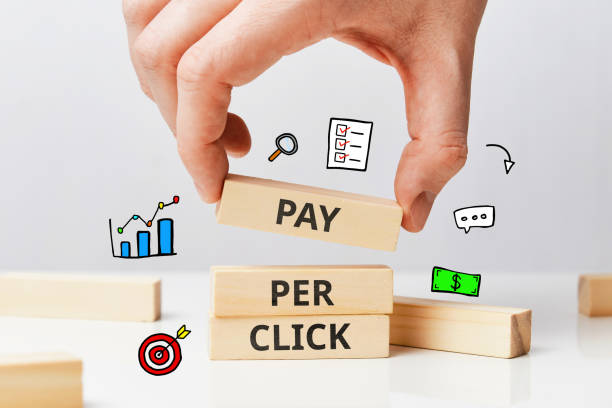What is PPC Advertising?
PPC stands for pay-per-click and is a model of internet marketing where advertisers pay a fee each time one of their ads is clicked. In other words, it is a way of buying visits to your site rather than earning them organically. PPC includes search engine advertising, which allows advertisers to bid on keywords to have their ad appear in the sponsored links section of a search engine whenever a user searches for a keyword related to their business.
How Does PPC Work?
1. Keyword Research: What is the first step to a PPC(Pay-Per-Click) ad campaign? It’s keyword research. This involves discovering and bidding on relevant keywords that potential consumers are likely to use when looking for your products or services. Tools like Google Keyword Planner can help you identify keywords and their cost per click (CPC).
2. Ad Creation: Design ads that are compelling enough to attract clicks. The URL linked to your ads should contain the keywords you expect to attract, and your ads should have a strong call to action (CTA). Ensure both the headline and the description communicate necessary information and effectively capture the audience’s attention.
3. Landing Page Optimization: The landing page is where users are directed after clicking your ad. It should be relevant to the ad and focused on conversions. Make sure it has a clear message, easy navigation, and a strong CTA.
4. Bid Management: In PPC, you set the maximum amount you are willing to pay for a click on your ad. The position of your ad depends on your bid, as well as its quality and relevance. Continuously monitor and adjust bids to stay competitive and manage costs effectively.
5. Tracking and Analysis: Use tools like Google Analytics to monitor the results of your PPC campaigns. Evaluate metrics such as click-through rates (CTR), conversion rates, and return on investment (ROI). This data will help you refine your strategy and improve your ad performance.
Benefits of PPC Advertising
1. Immediate Results: While SEO strategies may take time to show results, PPC ads can drive traffic to your site almost immediately after your campaign goes live.
2. Targeted Audience: PPC allows you to target specific demographics, locations, and even times of the day, ensuring your ads reach the right audience.
3. Cost Control: You have complete control over your budget with PPC. Set daily or monthly spending limits and only pay when someone clicks on your ad.
4. Measurable Results: PPC provides extensive analytics, allowing you to monitor campaign performance in real-time and make data-driven decisions.
Tips for a Successful PPC Campaign
1. Start with a Small Budget: For beginners, it’s wise to start with a modest budget. This allows you to test different keywords and ads without significant financial risk.
2. Focus on Quality Scores: Google assigns a Quality Score to your ads based on their relevance and quality. Higher Quality Scores can lead to lower CPC and better ad positions. Create high-quality, relevant ads and landing pages to improve your Quality Score.
3. Use Negative Keywords: Negative keywords prevent your ads from showing up for irrelevant searches, saving you money and improving the relevance of your traffic.
4. Continuously Optimize: PPC is not a set-it-and-forget-it strategy. Regularly track your campaigns, review metrics, and make necessary adjustments to improve results.
5. Test and Experiment: Conduct A/B testing on different ad copies, headlines, and landing pages to see what works best. Use these insights to refine your campaigns.
Conclusion
PPC advertising is an effective way to drive quality traffic and achieve your marketing objectives. By understanding the basics of PPC, conducting thorough keyword research, creating compelling ads, and continuously optimizing your campaigns, you can leverage PPC to grow your business. Remember, PPC marketing is all about learning and improving. Start small, analyze your results, and scale up as you gain more experience. Happy advertising!

